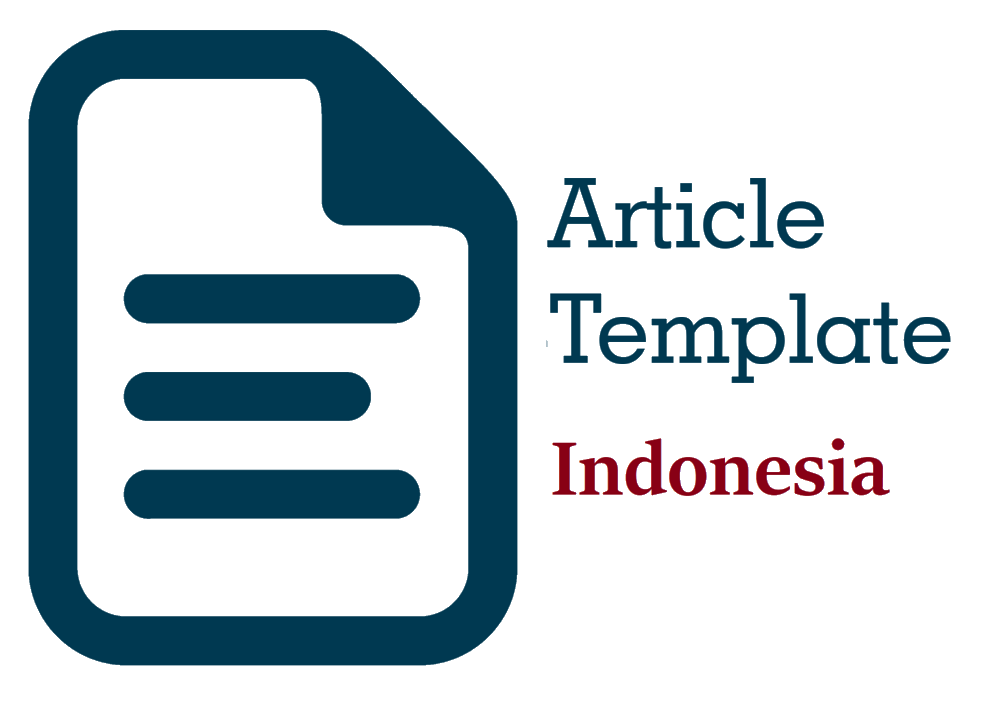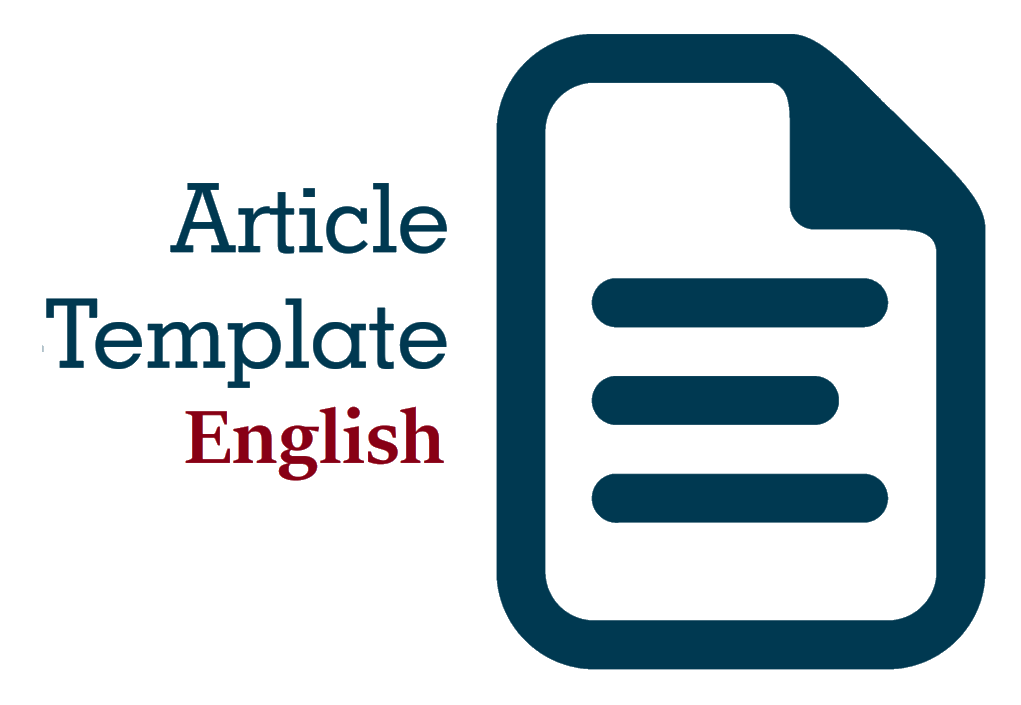Dampak Gaji dan Gaya Kepemimpinan Terhadap Kepuasan Kerja Karyawan (Studi Kasus Pada PT Cipta Mandiri Agung Jaya)
Keywords:
Gaji, Gaya Kepemimpinan, Kepusana KerjaAbstract
The research aimed to know the impact of salary and leadership style on employee job satisfaction at PT. Cipta Mandiri Agung Jaya (CMAJ). The research method applied is the associative quantitative method. The research incorporates 2 types of data sources which are primary data and secondary data. The data collection method is done through the distribution of survey questionnaires to respondents. The total population consisted of 30 employees and all of them were taken as the sample. The data analysis method was done through a series of tests such as the Coefficient Determination Test (R2), F test, t-test, and Multiple Linear Regression. The result of the research showed that the test of the regression model of salary and leadership style variable on employee job satisfaction indicated Fcount 3,449 > Ftable 3,34. It can be concluded that the salary and leadership style has a positive impact on employee job satisfaction. Partially, salary has a positive influence on employee job satisfaction which can be seen from the tcount2,610> ttable2,052, which means that Ha is accepted. Meanwhile, leadership style has no impact on employee job satisfaction since the leadership style variable indicated a value of tcount 0,364<ttable2,052, which means Ho is accepted.Downloads
References
Arwin, A., Ciamas, E. S., Siahaan, R. F. B., Vincent, W., & Rudy, R. (2019, February). Analisis Stress Kerja Pada PT. Gunung Permata Valasindo Medan. In Seminar Nasional Teknologi Komputer & Sains (SAINTEKS) (Vol. 1, No. 1).
Badriyah, M. (2015). Manajemen Sumber Daya Manusia. Bandung: CV Pustaka Setia.
Danim, S. (2004). Motivasi kepemimpinan dan efektivitas kelompok. Jakarta: Rineka Cipta.
Gruenberg, B. (1980). The happy worker: An analysis of educational and occupational differences in determinants of job satisfaction. American journal of sociology, 86(2), 247-271.
Han, W. P., & Siregar, A. R. A. (2019). Analisis Kepuasan Kerja Dan Lingkungan Kerja Karyawan Di Sekolah EN Mandarin–Medan. Jurnal Ilmiah Maksitek, 4(2).
Hasibuan, M. S. (2009). Manajemen Dasar, Pengertian, dan Masalah, Edisi Revisi. Jakarta: Bumi Aksara.
Hariandja, M. TE, 2009. Manajemen Sumber Daya Manusia: Pengadaan, Pengembangan, Pengkompensasian, dan Peningkatan Produktivitas Pegawai, cetakan kelima, Jakarta: Grasindo.
Hasibuan, M. S., & Hasibuan, H. M. S. (2016). Manajemen sumber daya manusia. Bumi Aksara.
Juni Priansa, D. (2014). Perencanaan dan Pengembangan SDM. Bandung: Alfabeta.
Kartono, Kartini. 2008. Pemimpin dan Kepemimpinan. PT. Raja Grafindo Persada, Jakarta.
Lius, W., Mediyanti, S., Siahaan, R. F. B., & Utama, T. (2019). Analisis Penyusunan Anggaran Pada CV. Buana Raya Medan. Jurnal Ilmiah Simantek, 3(1).
Mangkunegara, A. A. P. (2016). Manajemen sumber daya manusia perusahaan. PT. Remaja Rosdakarya.
Miller, L.E. (1991). Agr. Edu 885 research methods. Ohio State University.
Nugroho, N., Chua, E., & Han, W. P. (2019). Analisis Motivasi Kerja Karyawan Bagian Pemasaran PT. Global Mitra Prima. Jurnal Ilmiah Kohesi, 3(3).
Robbin, Sp. & Coulter, M. (1999). Management, Sixth Ed. Prentice Hall Int. Inc, New Jersey
Riduwan. 2010. Belajar Mudah Penelitian Untuk Guru – Karyawan dan Penelitian Pemula. Bandung : PT. Alfabeta
Rivai, V. (2004). kiat memimpin dalam abad ke-21. PT RajaGrafindo Persada.
Rivai, V., & Mulyadi, D. (2012). Kepemimpinan dan Perilaku Organisasi edisi ketiga. Jakarta: PT. Rajagrafindo Persada.
Siregar, Syofian. 2014. Statistik Parametik untuk Penelitian Kuantitatif. 2nd Edision.Jakarta: PT Bumi Aksara.
Sugiyono. 2007. Metode Penelitian Bisnis. Bandung: CV Alfabeta.
Suyono, M. S. (2015). Analisis Regresi untuk Penelitian. Deepublish.
Sutrisno, E. (2011). Manajemen Sumber Daya Manusia, Cetakan Kelima. Jakarta: Kencana Prenada Media Group.
Vincent, W., & Nugroho, N. (2019). Analisis Kepuasan Kerja Karyawan CV. Mitra Belawan Fishing Medan. Jurnal Ilmiah Kohesi, 3(1).
Widodo, S. E. (2015). Manajemen Pengembangan Sumber Daya Manusia. Yogyakarta: Pustaka Pelajar.
Downloads
Published
How to Cite
Issue
Section
License
Copyright (c) 2020 BISMA Cendekia

This work is licensed under a Creative Commons Attribution 4.0 International License.
Authors who publish with this journal agree to the following terms:
- Authors retain copyright and grant the journal right of first publication with the work simultaneously licensed under Creative Commons Attribution 4.0 International License that allows others to share the work with an acknowledgment of the work's authorship and initial publication in this journal.
- Authors are able to enter into separate, additional contractual arrangements for the non-exclusive distribution of the journal's published version of the work (e.g., post it to an institutional repository or publish it in a book), with an acknowledgment of its initial publication in this journal.
- Authors are permitted and encouraged to post their work online (e.g., in institutional repositories or on their website) prior to and during the submission process, as it can lead to productive exchanges, as well as earlier and greater citation of published work (Refer to The Effect of Open Access).














